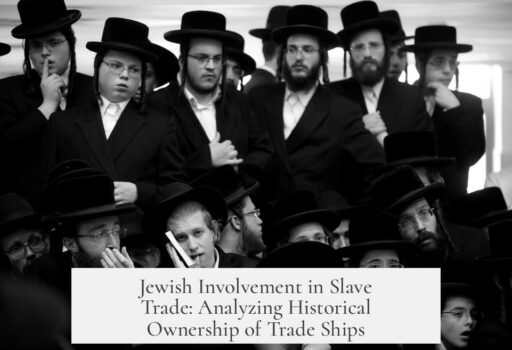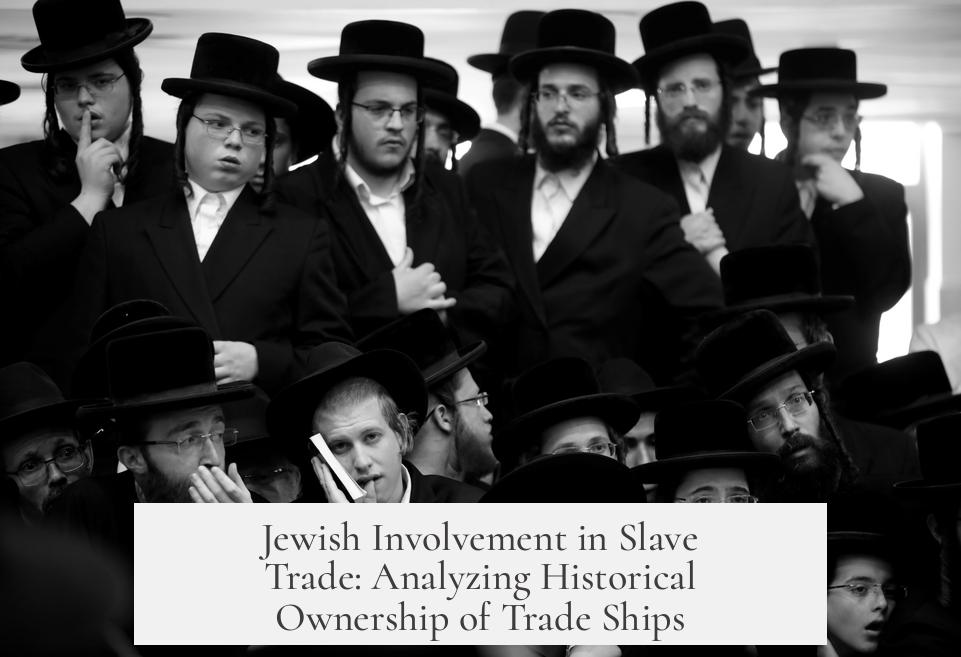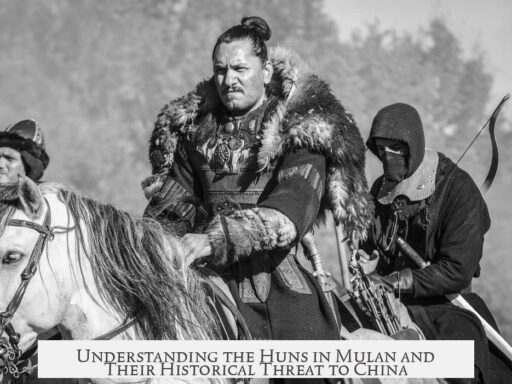The claim that a large number of slave trade ship owners were Jewish is inaccurate. Historical research shows Jewish involvement was limited and not central to the transatlantic slave trade. Jewish merchants occasionally participated within an economic framework dominated by non-Jewish traders, but they neither led nor significantly controlled the trade.

Early assertions linking Jews heavily to the slave trade arose mainly from the Nation of Islam’s 1990s publication, The Secret Relationship. This work has been widely discredited for exaggerations and inaccuracies. In response, historian Eli Faber authored Jews, Slaves, and the Slave Trade: Setting the Record Straight, a detailed study that provides strong quantitative evidence. Faber’s research found that only around 100 slaves were transported on ships partially owned by Jewish merchants to Barbados, compared to more than 45,000 slaves brought by non-Jewish merchants. Such data illustrate the minimal scale of Jewish participation.
The Jewish individuals involved were mainly Sephardic Jews descended from Iberian Peninsula populations. They often lived in Dutch colonial territories like Recife and Curaçao rather than Spain or Portugal themselves. On the American mainland, many Jewish communities originated from Dutch settlers, with Newport, Rhode Island becoming a notable center later. Here, Aaron Lopez, a Sephardic Jewish merchant, was a recognized participant in the slave trade. However, his involvement remains overshadowed by larger, non-Jewish merchant families such as the Browns and the D’Wolfs, the latter continuing slave trading activities into the 19th century.

This geographic and ethnic context helps explain why some might mistakenly attribute greater Jewish influence to the slave trade. Newport had both a sizable Jewish population and documented slave trade activity, though these did not substantially overlap in time or leadership. Non-Jewish traders primarily drove the slave trade’s mechanics and profits, with Jewish actors operating as occasional partners within this broader economic environment.
- Jewish slave trade participation was minimal and incidental compared to dominant non-Jewish merchants.
- Sephardic Jews involved mostly resided in Dutch colonies, not Iberian regions.
- Aaron Lopez stands out but was less prominent than major non-Jewish traders like the Browns or D’Wolfs.
- Newport’s Jewish community and role in the slave trade are distinct and chronologically separate factors.
- Scholarly consensus highlights Jews as occasional participants, not major slave trade shipowners or instigators.
Were a Large Amount of Slave Trade Ship Owners Jewish?
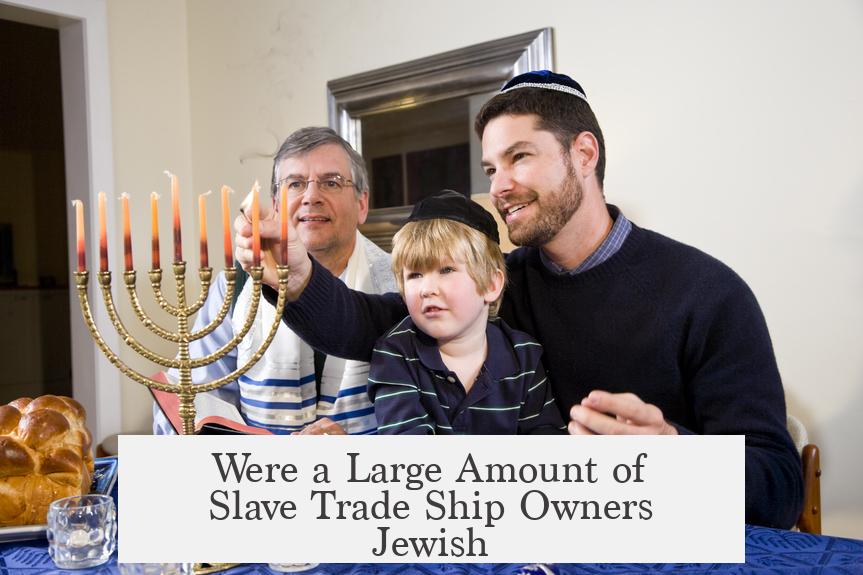
The straightforward answer: No, a large amount of slave trade ship owners were not Jewish. This misconception largely springs from controversial claims made in the early 1990s by the Nation of Islam in their publication The Secret Relationship. Yet, these claims have been thoroughly debunked by rigorous historical research.
Let’s unpack this topic with clear facts and a bit of clarity, since history deserves more than half-truths and sensationalism.
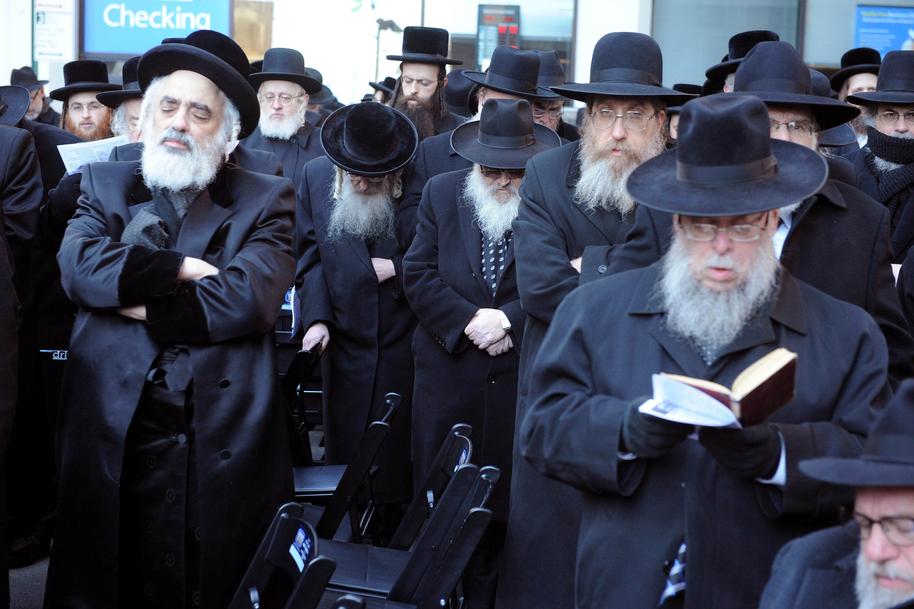
First, it’s essential to understand how this myth emerged. The Secret Relationship alleged broad Jewish involvement and control in the transatlantic slave trade. However, many historians and scholars have dismissed this work as factually incorrect and exaggerated.
What Does the Research Say?

Eli Faber’s 1998 book Jews, Slaves, and the Slave Trade: Setting the Record Straight remains the definitive scholarly rebuttal. Faber dives deep into ship manifests, ownership records, and merchant logs. His findings reveal that Jewish participation was limited and often confined to small roles within wider trade networks dominated by non-Jewish merchants.
For instance, records show that in Barbados, only about 100 slaves were transported aboard ships with Jewish owners or share-owners, compared to a staggering 45,000 slaves transported by non-Jewish merchants. That’s a painfully clear statistical disparity.

So, while some Jewish merchants were involved, their participation was marginal and nowhere near the scale implied by conspiracy-like claims.
Who Were the Jewish Merchants?
Mentioning the Jewish community’s involvement brings up another important nuance: the Jewish merchants in question were mostly Sephardic Jews. They descended from those expelled from the Iberian Peninsula in the late 15th century. These Sephardic Jews often settled in Dutch colonial territories such as Recife and Curaçao, not Spain or Portugal themselves during the slave trade’s most active period.
Interestingly, their names sound Spanish to modern readers due to their linguistic heritage, which can confuse the historical narrative.
American Jewish communities also trace their origins to Dutch colonial holdings—like New Amsterdam (which later became New York)—with significant growth later in places like Newport, Rhode Island.
The Case of Aaron Lopez and Rhode Island
In the context of the American slave trade, one Jewish merchant’s name stands out: Aaron Lopez. He was a Sephardic Jewish businessman in Rhode Island with some involvement in the slave trade during the late 18th century. However, Lopez was a minor player compared to major non-Jewish families, such as the Browns and the D’Wolfs.
Those families were heavily involved not just before but also after the U.S. banned slave importation in 1808. The D’Wolfs, for example, continued slave trading in Cuba for decades afterward.
This example highlights that, although a few Jewish individuals participated in the trade, the dominant forces came from other ethnic groups and families.
How Did the Myth Grow?
It’s easy to see how misunderstandings arose. Newport had one of the largest Jewish communities in colonial America, and it was also a hub for slave trade activities. Yet, these two aspects of Newport’s history do not neatly overlap chronologically or substantively. They belong to different timelines and social spheres.
Anti-Jewish narratives leveraged this coincidence to suggest a stronger connection than evidence supports. This has reinforced stereotypes rather than clarified history.
Why Does This Matter?
History should be precise. Claiming that a large number of slave trade ships were owned by Jews not only distorts the past but also unfairly stigmatizes an entire group. It distracts us from the true complexity of the transatlantic slave trade, driven by vast networks of European nations, companies, and families.
Understanding who actually participated exposes economic and geopolitical forces shaping the slave trade—like colonialism, maritime commerce, and racial capitalism—not ethnic scapegoating.
Key Takeaways for History Buffs (and Everyone Else)
- The claim of widespread Jewish ownership in slave trade ships is not supported by credible historical evidence.
- Jews, primarily Sephardic merchants, were occasionally involved but did not dominate the trade.
- Historical research, especially Eli Faber’s work, provides hard data showing minimal Jewish involvement compared to non-Jewish groups.
- The dominant players included British, Dutch, French, and American merchants from families like the Browns and D’Wolfs.
- Misconceptions often arise from coincidental community locations and timeline overlaps—but correlation isn’t causation.
So, next time someone drops the “Jewish slave traders” bombshell at a party or in a debate, perhaps you can calmly share some facts. The history of the transatlantic slave trade is dark and complex enough without adding unfounded exaggerations.
Let’s keep the record straight, honor the victims of the slave trade, and resist simplistic narratives that mask the true scope of historical events.
